- in Health and Wellness by Tony
- |
- 1 comments
The impact of social isolation and loneliness on your mental health
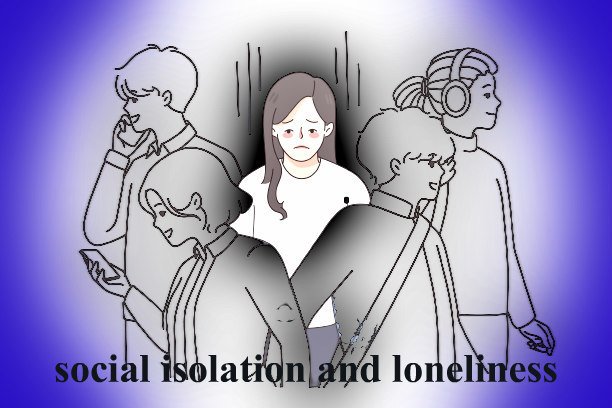
The Social Care Institute for Excellence (SCIE) says "social isolation and loneliness have a detrimental effect on health and well-being".
Some consider loneliness a primary emotion, on a par with fear and anger. For millions of years, survival relied on being part of a gathering; being isolated from your community was dangerous.
But now, a fear of loneliness can keep us in a toxic relationships, unfulfilling jobs, or destructive marriages.
More...
Loneliness comes in many guises. It can be temporary with situational loneliness where you find yourself without any camaraderie or support. Or you can be going through a life crisis that results in more extended social isolation.
A relationship breakdown, losing your job, being seriously ill, and needing to self-isolate with the virus can make you feel completely cut off from love and support.
The COVID-19 pandemic forced us to confront loneliness in a new way. Social distancing restrictions and lockdowns meant many more people now faced social isolation and loneliness.
Studies by University College London reported in the Nursing Times concluded that "efforts to reduce social isolation of older people are likely to have positive outcomes for their well-being, and this research suggests that they could also reduce mortality".
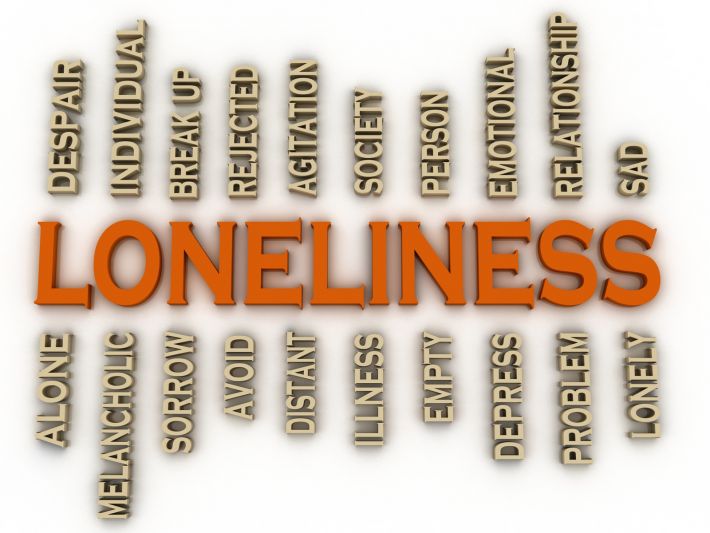
However, everyone feels lonely from time to time. It’s a normal part of the human experience and is something you can’t avoid in life.
But some people are more vulnerable to slipping from loneliness into depression.
Or there can be hard times in your life when feeling lonely is only one step away from isolation and depression.
Well-being and loneliness
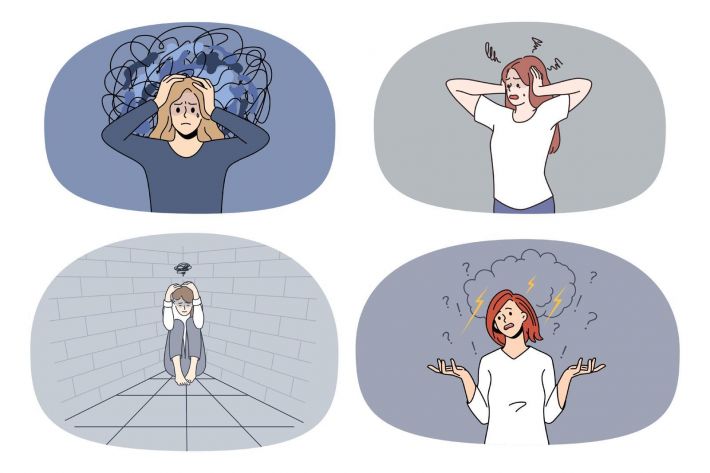
People who are at risk of depression generally feel isolated and lonely; they have low self-esteem that can easily tip into more extreme feelings of self-blame and guilt, even self-disgust.
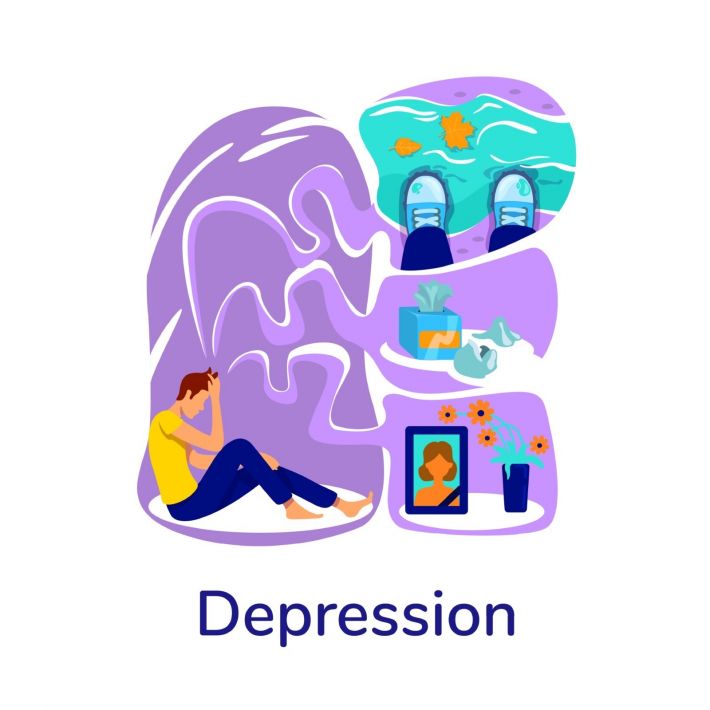
And these negative thought patterns can lead to full-blown depression. If you’re having bad feelings about yourself and feeling lonely and worthless, here are some things you can do to head off the risk of depression.
While anyone can experience loneliness, certain risk factors increase our chances of severe and lasting loneliness that can affect our mental health.
These include:
- Being widowed
- Being single
- Being unemployed
- Living alone
- Having a long-term health condition or disability
- Living in rented accommodation
- Being between 16 and 24 years old
- Being a carer
- Being from an ethnic minority community
- Being LGBTQ+
Reference download: _Loneliness_UK_Report
Boost Your Social Support Network
Isolation increases the tendency to self-blame. Connection and social contact can go a long way to helping you alleviate your loneliness and get a different perspective on the world. Reach out to friends, colleagues, and family to increase the positive connections in your life.
Practice Mindfulness
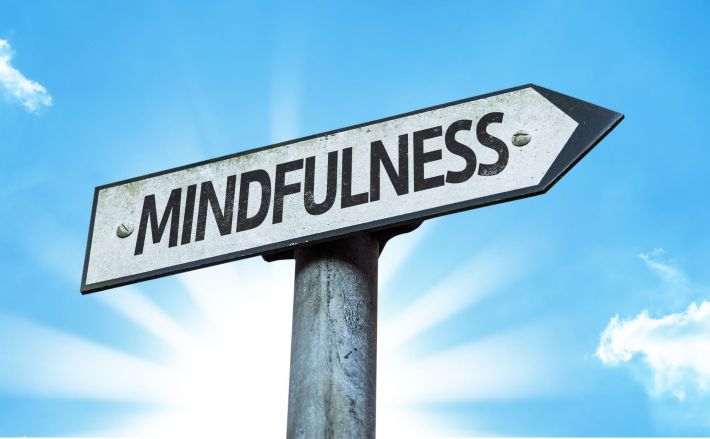
Mindfulness helps you deal with what is in front of you right now. Developing a mindfulness practice can help you accept your thoughts and feelings without judgment.
By observing what is happening around you, focusing on what you can see, hear, feel, smell, and taste will help you break out of your negative thought patterns.
Practice Self-compassion
People caught up in feelings of negative self-worth are often extremely hard on themselves.
Allow yourself a slight imperfection, and be kind and change that internal monologue to one less punitive.
Change Your Self-talk

Have a look at your internal soundtrack. Are you full of self-recrimination? Do you magnify your flaws and faults?
Now, would you talk to a friend like that? Rewrite that script into something more positive and self-affirming.
If that is too hard to think about right now, try some books, apps, or websites that offer affirmations.
Use Emotional Reappraisal to Boost Your Self-esteem

You can learn techniques to regulate your feelings and turn your self-esteem around with a bit of practice.
Depression often manifests in ruminating on the negatives in your life, and you can use this focus to your advantage when you practice reappraisal.
Reappraisal is a cognitive-behavioural technique that allows you to reframe negative thoughts, flipping them to a more positive view. Instead of feeling paralysed and crushed by life, you can take back control and develop more resilience.
Types of Loneliness
If you wish to live a happier life, you may have to learn how to deal with loneliness when it happens. Psychologists have identified seven different types of loneliness.
1. ‘New Kid’ Loneliness
2. Not Fitting in Loneliness
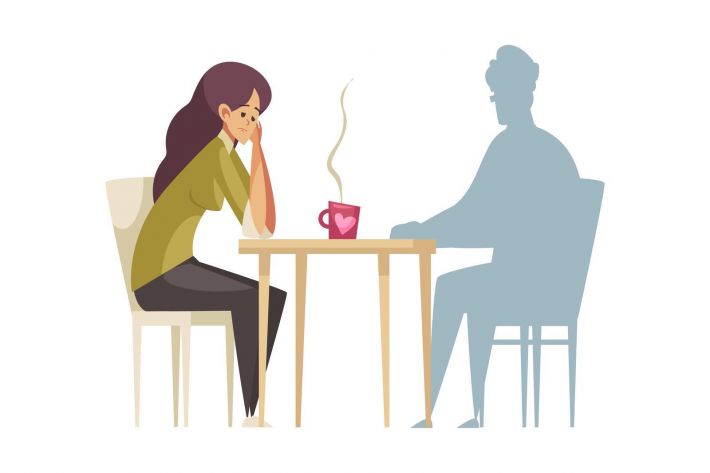
This is the loneliness that strikes when you feel different from the people around you. You may be an introvert in a team of extroverts.
Maybe your values aren’t shared with the people around you, and you feel separate and different.
3. Lack of Romance Loneliness

When you don’t have a partner, it can seem like everyone else in the entire world has a significant other.

Or maybe you do have a partner, but you feel disconnected, and that’s lonely.
4. Missing a Pet Loneliness

There’s no company like that of your pet. Maybe you’re missing your dog, cat, or gerbil. Pets can provide a special connection, and when it’s not there, you miss it.
5. Too Busy for Me Loneliness
6. Toxic Fringes Loneliness

Worse than busy friends are toxic ‘friends’ who get their energy from belittling you or making you feel inadequate.
If you don’t feel supported by your friends, or you feel you can’t trust them, they are not good friends to have in your life.
7. Lack of Company Loneliness

Sometimes loneliness can come simply from not having anyone to hang out with. Someone to share space and be with.
It doesn’t matter if you’re busy at work or are out partying every night, and a lack of a quiet presence can make you feel intensely lonely. Once you’ve worked out what type of loneliness you’re feeling right now, you can take steps to address it.
For example, if you’re missing having an animal in your life, you can adopt a pet or volunteer at the local animal rescue centre.
Make time in your life for meaningful relationships, not those that don’t feed your soul. Look for people you share values or interests, and slowly you will make connections that will banish loneliness.
Enjoy Solitude

Solitude is quite a different state from loneliness. Over the centuries, artists, philosophers, and writers have sought out solitude to think deeply and widely to create their best work.
Solitude can be a comfort in an overcrowded life. You can expand into being your authentic self when you are by yourself.
Confront your Deepest Fears

Loneliness can result from the fundamental fear of separation that goes back to infancy. Detachment means being vulnerable, having no one to rely on except yourself. This is the loneliness that realizes that in the end, there is nothing between you and the stars, no one to rescue you.
That sort of existential fear can be scary.
What are your deepest fears about being lonely?
Identify them, acknowledge them, and take away some of their power over you.
Use Self-Actualizing Practices to Overcome Loneliness

Techniques like yoga, tai chi, and meditation can help you reconnect with your deepest self. Sitting alone in meditation separates you from the negative thought spiralling with those feelings that can make you feel so miserable.
Finally
A loving-kindness meditation practice can help you replace feelings of separation with feelings of love and connection.

Give it a try:
Eventually, repeat the mantra, thinking of people who may be lonely at this time, replacing ‘I’ with ‘you.’
Finish by sending positive thoughts to all beings and repeating, ‘May all beings be happy.
May all beings be loved.
May the suffering of all beings be healed.
May all beings be at peace.’
This simple practice helps you feel connected to all life whenever you do it.















[…] common in young girls and women because they face challenges such as body image issues, social isolation, or academic stress. […]